SickRage Rebrands to SickChill to Avoid Trademark War
samedi 27 octobre 2018 à 13:14 Earlier this month we reported on problems facing SickRage, a successful ‘fork’ of the Sick Beard PVR-like software that utilizes Usenet, torrent indexers, and TheTVDB to identify airing dates for TV shows and automatically download them whenever they became available.
Earlier this month we reported on problems facing SickRage, a successful ‘fork’ of the Sick Beard PVR-like software that utilizes Usenet, torrent indexers, and TheTVDB to identify airing dates for TV shows and automatically download them whenever they became available.
SickRage is a GNU General Public Licensed tool that improved on Sick Beard to gain an impressive following. However, a growing dispute with a former developer known as Echel0n has proven a distraction for the past year, with Echel0n launching his own SickRage variant (SickRageTV) at SickRage.ca and filing complaints with Github to have SickRage taken down.
Unfortunately, the problems haven’t stopped there. In addition to the DMCA notices filed against his former project, Echel0n filed a trademark application in September in an effort to prevent his old team from using the term ‘SickRage’.
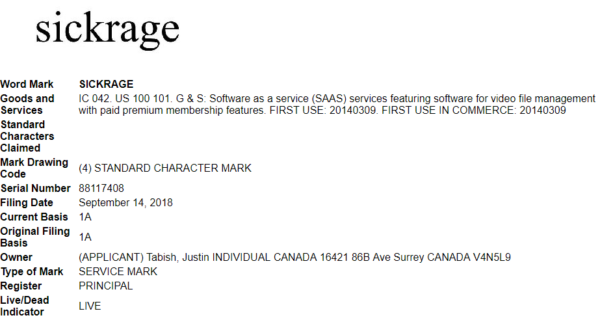
Brandishing this application, Echel0n (real name Justin Tabish) fired off a complaint to developer Dustyn Gibson (aka ‘Miigotu‘) of the SickRage project, warning him to cease and desist using the SickRage trademark.
The application and subsequent threats haven’t been particularly well-received by many in the SickRage community. Tabish, however, won’t have a fight on his hands. The SickRage team informs TorrentFreak that they will “totally wipe their hands of this Echel0n nonsense” by undergoing a rebranding exercise. Moving forward, the old SickRage project will now be known as SickChill.
“Even though it was giving [Echel0n] what he wanted, it was in the best interest of the users to distance themselves from the copyright infringement issues he has opened for anything related to his (yet to be granted) trademarked work ‘Sickrage’,” SickChill developer Miigotu informs TF.
Indeed, a timeline reviewed by TorrentFreak reveals that while Echel0n was involved in the project as early as March 2014, the years that followed were peppered by friction and multiple disputes, reaching peaks in July 2017 with multiple DMCA notices filed by Echel0n, with further attempts at taking over the project on Github this October.
Miigotu also reveals that on October 5, 2018, Echel0n attempted to starve the project of its income.
“Echel0n filed an IP infringement with PayPal and had my PayPal locked, claiming I was stealing and selling his product because I had a donation button on our wiki. It was restored about a week later,” Miigotu explains.
In addition to reports that Echel0n previously added bitcoin-mining software to his SickRage variant at SickRage.ca, a report on Github just over a week ago revealed more issues, with a trojan reportedly being served from the .ca domain.
While Google’s malware scanner currently reports no issues with the domain, TorrentFreak’s attempts to reach SickRage.ca were prevented by a trojan warning generated by MalwareBytes.
“We found proof that his software is malicious and using his personal computer as a requests auth adapter for all providers, so all of the users’ logins for private trackers pass through his gateway, and scanners actually pick this traffic up,” Miigotu claims.
For his part, Echel0n says that the bitcoin mining was quickly discontinued and he denies that tracker logins were ever stored.
“[T]he bitcoin mining was publicly announced on my forums as a means to help pay for the project servers, shortly it was stopped/removed as it caused more issues than good,” he said in a response to Miigotu.
“Never has SiCKRAGE stored private torrent tracker login details, you’re a coder you should know this as the app doesn’t transmit any of that data!”
It’s unclear whether the warring factions will now be able to go in their own directions in peace, or whether the problems will persist moving forward. It’s probably safe to say, however, that both projects will benefit when less time is taken up by fighting.
The rebranded SickChill project can be found here, with all references to SickRage now removed. The domain SickRage.tv is also for sale, with all proceeds going to the EFF.
Source: TF, for the latest info on copyright, file-sharing, torrent sites and more. We also have VPN reviews, discounts, offers and coupons.

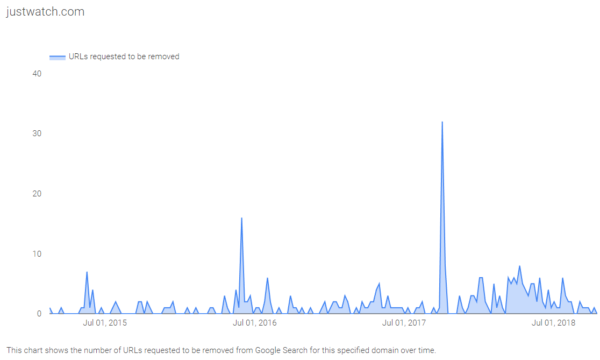
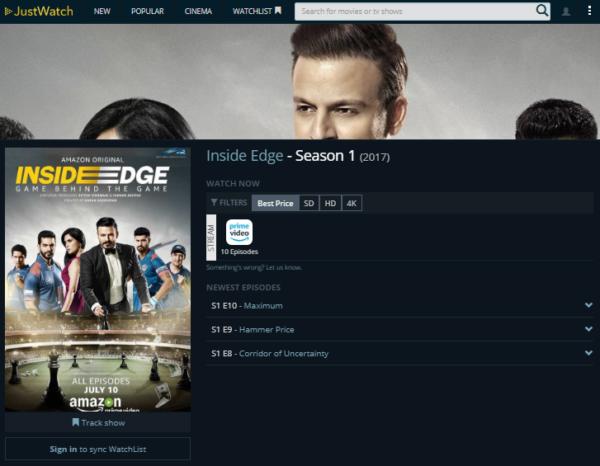
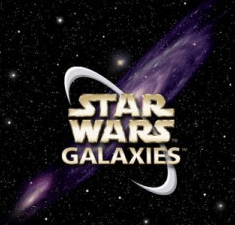 There are a lot of things people are not allowed to do under US copyright law, but perhaps just as importantly there are exemptions.
There are a lot of things people are not allowed to do under US copyright law, but perhaps just as importantly there are exemptions.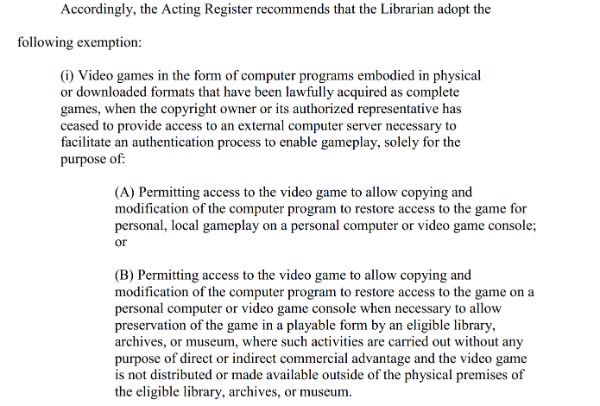
 Earlier this year, several major Hollywood studios including Disney, Universal Studios and Warner Bros, teamed up with Swedish movie outfits to expand the local Pirate Bay blockade.
Earlier this year, several major Hollywood studios including Disney, Universal Studios and Warner Bros, teamed up with Swedish movie outfits to expand the local Pirate Bay blockade.  Last year, American satellite and broadcast provider Dish Network targeted two well-known players in the third-party Kodi add-on ecosystem.
Last year, American satellite and broadcast provider Dish Network targeted two well-known players in the third-party Kodi add-on ecosystem.